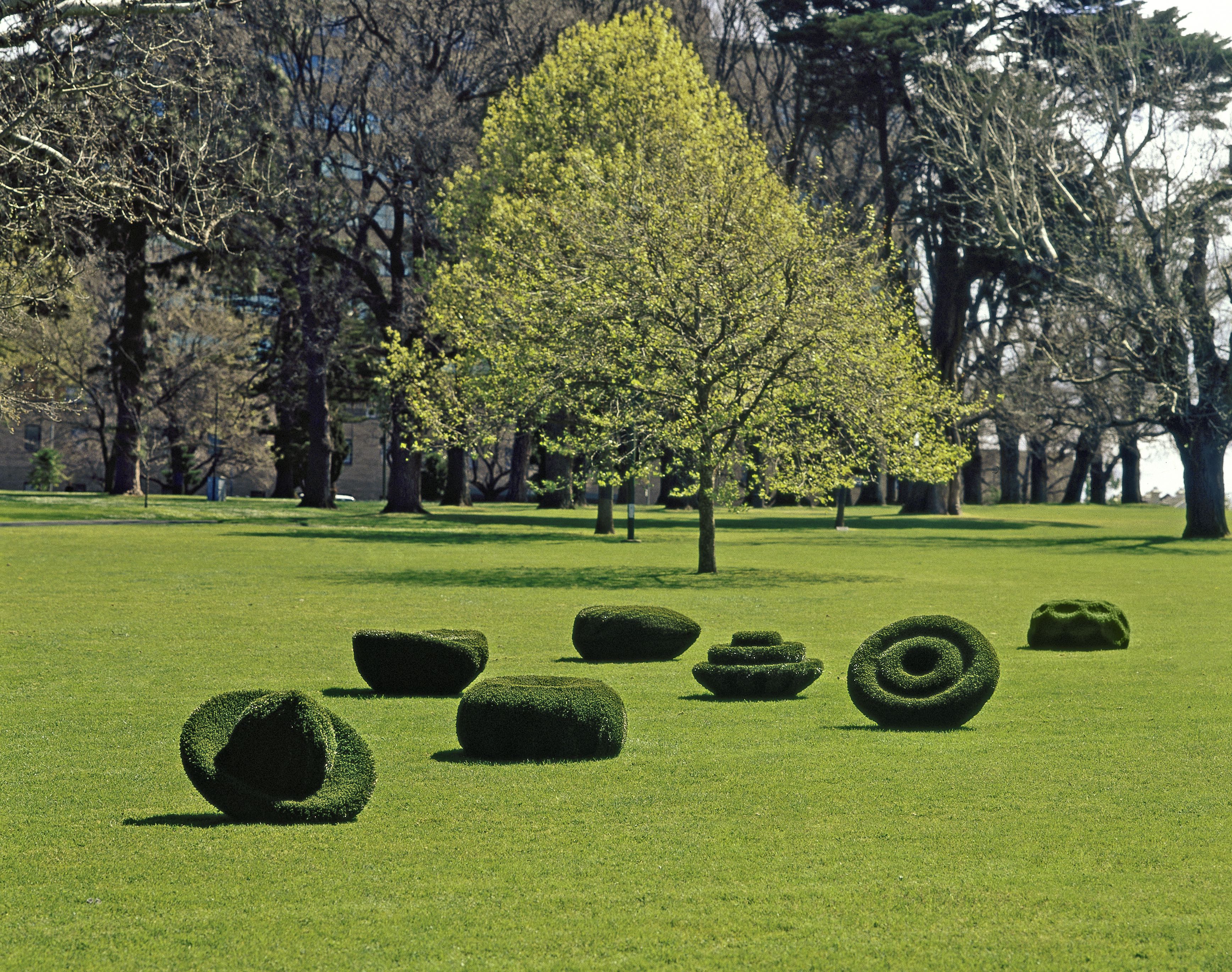From Corpus to Bio-Text; Peter Carey’s Archives as Literary Networks
Keywords:
Peter Carey, celebrity, archive, author-personaAbstract
Carey's archives add a new facet to Carey’s public image as an Australian author. In principle, the archive is directed at posterity, defying the ephemeral nature of “personality” pieces about the writer, a phenomenon that Grahame Turner has discussed in terms of Carey’s active participation in accumulating recognition amounting to the construction of Carey’s author-persona as a “national celebrity” (136). My interest in this essay is to explore the ways that Carey’s archives contribute to our understanding of productive mechanisms of his celebrity. In doing so, I theorize the formation and the significance of Carey’s archives both as texts and objects. I argue that the archiving of Carey is energized by a collective investment by a body of cultural participants who have a stake in promoting the now ‘globalised’ author. This has ultimately resulted in relocalising the ‘corpus’ of the New York based writer back in Australia, and particularly in the State Library of Victoria in Melbourne. This archive has been regularly updated alongside Carey’s growing oeuvre. In this parallel literary space, however, Carey’s cultural agency continues to manipulate his public persona.
References
Banting, Pamela. “The Archive as a Literary Genre: Some Theoretical Speculations”, Archivaria. 23 (1987): 119-122. Print.
Bemrose, John. “Dialogue with a Desperado.” Maclean’s. 26 Mar. 2001: 48-51. Print.
Benjamin, Walter. The Arcades Project. Trans. Eiland Howard and Kevin McLaughlin. London: Belknap Press, 1999. Print.
Brass, Ken. “Author Who Hadn’t Read a Book Before He Turned 18.” Australian Women’s Weekly. 24 Dec. 1980: 20-22. Print.
Brothman, Brien. “Declining Derrida: Integrity, Tensegrity, and the Preservation of Archives from Deconstruction.” Archivaria. 48 (1999): 64-88. Print.
Carey, Peter. Theft: A Love Story. New York: Alfred A. Knopf, 2006. Print.
Derrida, Jacques. “Archive Fever: A Freudian Impression.” Trans. Eric Prenowitz. Diacritics. 25.2 (1995): 9-63. Print.
Edric, Robert. “Remaking Ned.” Guardian. 6 Jan. 2001: 8. Print.
Foucault, Michel. Archeology of Knowledge. Trans. A.M Sheidan Smith. New York: Pantheon Books, 1972. Print.
Gaile, Andreas. “Re-mythologizing an Australian Legend: Peter Carey's True History of the Kelly Gang.” Antipodes. 15. 1 (2001): 37-39. Print.
Huggan, Graham. “Cultural Memory in Postcolonial Fiction: The Uses and Abuses of Ned Kelly.” Australian Literary Studies. 20.3 (2002): 132-145. Print.
Kelly, Tighearnán. “Re: Response to your enquiry.” Message to the author. 8 Oct. 2014. Email.
Marx, Karl. Capital: A Critique of Political Economy. New York: Vintage Books, 1977. Print.
Mbembe, Achille. “The Power of the Archive and its Limits.” Refiguring the Archive. Eds. Carolyn Hamilton, et al. Dordorecht: Kluwer Academic Publishers, 2002. 19-26. Print.
McCrum, Robert. “Reawakening Ned.” The Guardian. 7 Jan: 2001. Print.
Nguyen, Nga. “Response to your question number: ask36308.” Message to the author. 3 Oct. 2013. Email.
O’Reilly, Nathaniel. “The Influence of Peter Carey's True History of the Kelly Gang: Repositioning the Ned Kelly Narrative in Australian Popular Culture.” Journal of Popular Culture. 40.3 (2007): 488-502. Print.
Redwine, Gabriela, et al. Born Digital: Guidance for Donors, Dealers, and Archival Repositories. Washington: Council on Library and Information Resources, 2013. Print.
Stoler, Ann L. “Colonial Archives and the Art of Governance.” Archival Science. 2 (2002): 87-109. Print.
Tulloch, Lee. “Carey’s Gang.” The Australian Women’s Weekly. June: 2001: 64-67. Print.
Turner, Graeme. “Nationalising the Author: The Celebrity of Peter Carey.” 16.2 (1993): 131-139. Print.
Wilken, Rowan. “Peter Carey’s Laptop.” Cultural Studies Review. 20.1 (2013): 100-120. Print.
Downloads
Published
Issue
Section
License
The copyright for articles in this journal is retained by the author(s), with first publication rights granted to the journal. By virtue of their appearance in this open access journal, articles are free to use with proper attribution in educational and other non-commercial sectors.Attribution-NonCommercial-ShareAlike 2.1 Australia
This work is licensed under the Creative Commons Attribution-NonCommercial-ShareAlike 2.1 Australia License. To view a copy of this license, visit http://creativecommons.org/licenses/by-nc-sa/2.1/au/ or send a letter to Creative Commons, 543 Howard Street, 5th Floor, San Francisco, California, 94105, USA.

